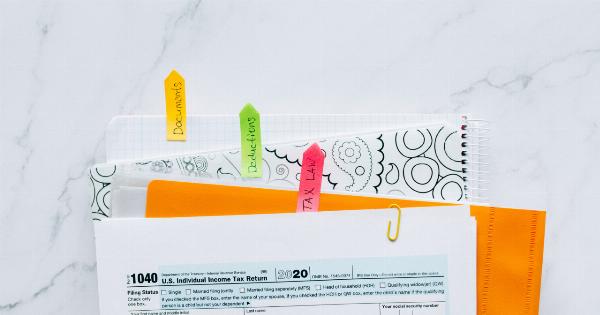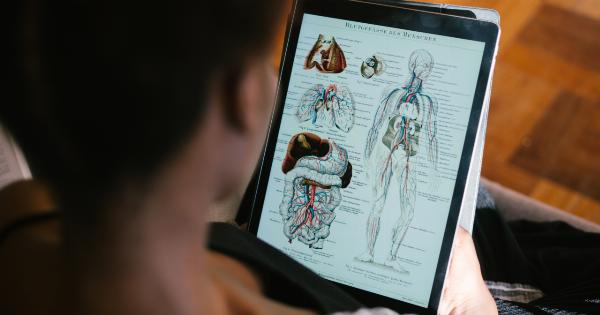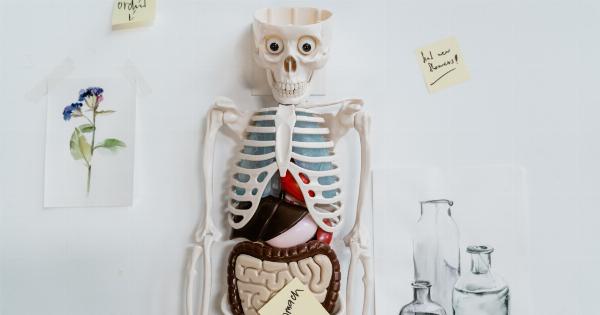A woman’s menstrual cycle is a vital and integral part of her reproductive system. It allows for the preparation of pregnancy every month, and signals the onset of ovulation, which can lead to the release of an egg that can be fertilized by sperm.
However, pregnancy is a significant event in a woman’s life that can cause significant changes in her body. One of the most common questions pregnant women ask is whether they can have a period during pregnancy or not. The answer is a bit complicated and has some nuances that we’ll explore here.
Understanding Menstruation and Pregnancy
Before we delve into the topic of whether it’s possible to have a period during pregnancy, it’s essential to understand the basics of menstruation and how it relates to pregnancy.
Menstruation occurs when the lining of the uterus, which has prepared itself to nurture a fertilized egg, sheds. This shedding is what we experience as menstrual bleeding. If the egg isn’t fertilized, the uterus sheds the lining and prepares for another cycle of ovulation.
However, if the egg is fertilized, it implants itself in the uterine lining, and pregnancy begins.
During pregnancy, the body goes through significant changes as it prepares to nourish and support the developing fetus. One of these changes is that the hormone levels in the body shift, and the menstrual cycle shuts down.
This is why women cannot get pregnant while on their period because ovulation typically occurs around the middle of a woman’s menstrual cycle, and pregnancy cannot occur without ovulation.
Can You Have a Period During Pregnancy?
Now that we have an understanding of the basics of menstruation and pregnancy, we can begin to address the question of whether it’s possible to have a period during pregnancy or not.
The short answer is no; it’s not possible to have a period during pregnancy because the hormonal changes in the body necessary for menstruation to occur don’t happen during pregnancy. However, some women may experience menstrual-like bleeding during pregnancy.
What is Menstrual-like Bleeding During Pregnancy?
Menstrual-like bleeding during pregnancy is not the same as having a period. It’s possible to experience light bleeding or spotting during the first trimester of pregnancy, which may be mistaken for a period.
This bleeding is known as implantation bleeding and occurs when the fertilized egg implants itself in the uterine lining. However, this bleeding is typically lighter and shorter than a typical period and usually lasts only a few days.
Later in pregnancy, it’s possible to experience bleeding due to a variety of reasons. For example, intercourse or a vaginal exam can sometimes cause bleeding due to the increased blood flow to the cervix, which can cause irritation.
In some cases, bleeding may also signal the onset of a miscarriage or a problem with the placenta.
What to Do If You Experience Bleeding During Pregnancy
If you experience bleeding during pregnancy, it’s essential to contact your healthcare provider immediately. They will be able to determine the cause of the bleeding and take appropriate action to ensure both you and the baby are safe.
In some cases, bed rest may be necessary, or medication may be prescribed. In severe cases, hospitalization may be required.
The Bottom Line
While it’s not possible to have a period during pregnancy, it’s essential to understand that some women may experience bleeding during pregnancy due to a variety of reasons.
If you’re experiencing bleeding during pregnancy, it’s crucial to contact your healthcare provider immediately to determine the cause and take appropriate action.




























